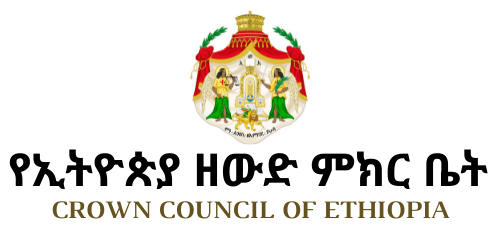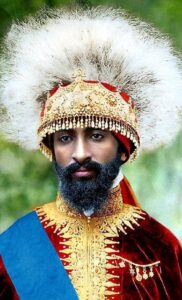
23 July 2025 / 16 ሐምሌ 2017 – 133 YEARS AGO TODAY, Ras Makonnen Wolde Mikael of Harrar and Woizero Yeshimebet Ali welcomed the only child born to their marriage that would survive to adulthood. Lij Tafari Makonnen, as he was then known, would grow up to be a transformative leader for his country, continuing the legacy of modernization and development begun by Emperor Menelik II.
When Emperor Haile Selassie was born at Ejersa Goro 133 years ago, Ethiopia was still essentially a medieval state. The monarch presided over provinces ruled by powerful feudal aristocrats who were rulers themselves, appointing and removing local officials as they wished, and leading their own armies. The country was landlocked, surrounded by colonial powers who cast a covetous eye on her territories. You could count the number of paved roads, modern schools, hospitals, banks, telephone and telegraph lines on one hand. The railroad to Djibouti was still under construction and wouldn’t be complete until Lij Tafari was an adult. There were no universities, government ministries were embryonic, and taxation and tariffs were haphazard and at the whim of local officials.
By the time Emperor Haile Selassie died, Ethiopia was a different place. While the nobles retained some power and influence until the end of his reign, young humbly born western educated men had taken the forefront in power, taking the key positions and furthering the Emperor’s desires for a modern state. Both the central government and provincial administrations were filled with professional civil servants. The nobles had been stripped of their regional armies, and Ethiopia had a fully professional, well-equipped military. The country was no longer landlocked. Ethiopia had an Imperial Army, an Imperial Navy, an Imperial Guard and an Imperial Air force, and was a real power in the region. Ethiopia had two respected, high-quality Universities.
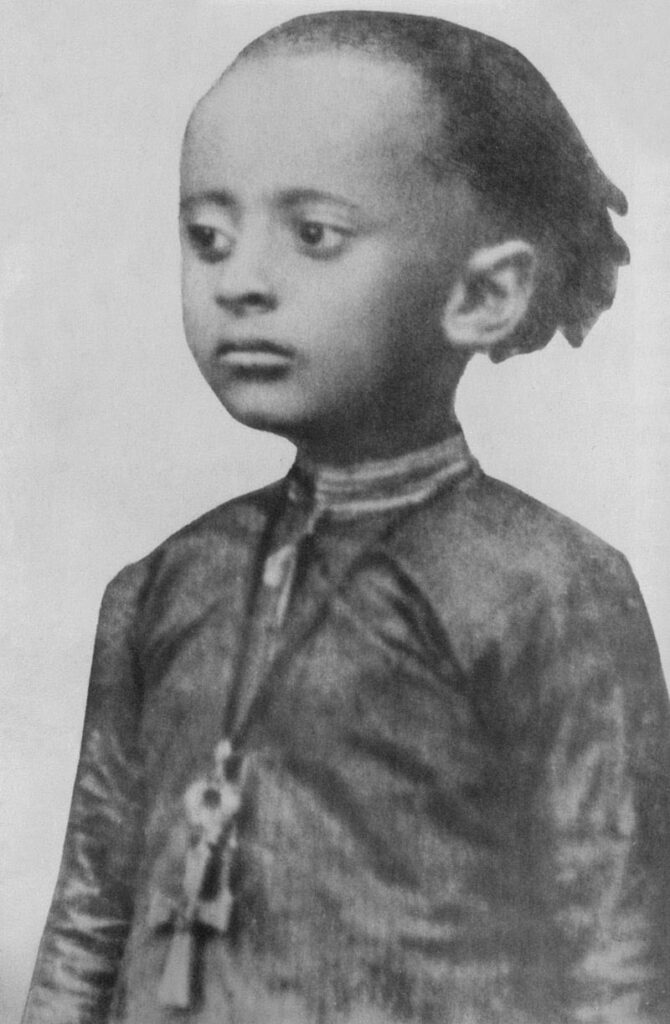
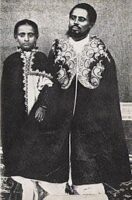
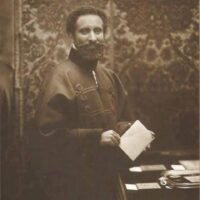
Top-notch technical schools had been established. Roads had been built across vast expanses, telephone and telegraph lines had been expanded, factories and commercial farming greatly expanded. Above all, public primary and secondary schools offering high quality education were expanded across the land and often reluctant parents were encouraged to educate their children. In the first decades of his reign the Emperor himself was minister of education, handing out school prizes, visiting schools constantly and giving out sweaters, fruit and cakes to students on certain holidays to encourage education.
Ethiopia built a successful Airline, a successful Shipping Line, a modern postal service, and its economy once based on very rudimentary trade in raw materials was beginning to shift and had grown massively from the time of the Emperor’s birth. All this was accomplished with what little Ethiopia could scratch together, and some modest foreign grants, without incurring massive debts. A modern system of taxation and tariffs was set up and a government coffer audited and maintained professionally. Corruption was relatively minor in those days, and the rule of law was generally respected in a way that it hasn’t been since.
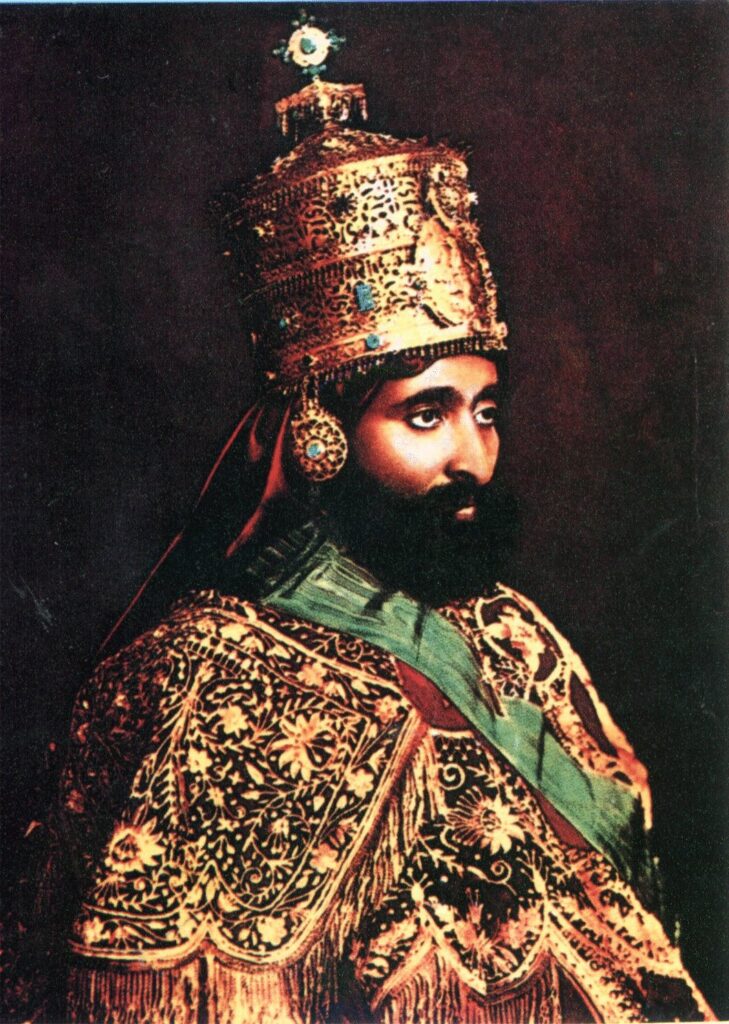

This is not to say there were no problems. Centralization caused regional resentments. A focus on urbanization and industrialization neglected rural areas and agriculture, which took a serious toll. Land reform was a bitter pill the nobility could not swallow and thwarted every attempt at it by the Emperor and his ministers. The prime minister and his cabinet were responsible to the Emperor who appointed them rather than the parliament, which prevented true Constitutional Monarchy from developing. While democratic elections had been introduced in 1955, political parties were not allowed. When near the end amid political upheaval, the Emperor authorized political parties, he expressed his fear that political parties might evolve into ethnic ones. His fears have sadly been realized.
The Emperor began his reign, regarded by those close to power as a dangerous radical set on changing the way things had always been done. He ended his reign being vilified by the people he had raised up and educated as being too backward and traditional. It is the ultimate irony. However, one should consider how the Emperor found Ethiopia when he assumed state power in 1916 as Crown Prince and Regent for Empress Zewditu, and how he left it when he was removed from the throne by a group of junior military officers in September 1974. How was the country run during the 58 years between 1916 and 1974 (even including the Italian Occupation and various regional rebellions and one serious coup attempt) compared to the past 51 years since the Emperor fell?
The fact is that Emperor Haile Selassie presided over a long and relatively prosperous and peaceful reign. In just a few years we will have passed a point after his overthrow that equals the length of his rule first as regent then as Emperor. The political and social strife we have seen, the numbers of lives lost to political terror from all sides to open war, to famine, of people imprisoned, internally displaced or driven into exile, and the level of corruption exceeds by multitudes anything that happened during his reign or the previous few reigns. The horrors continue to deepen.

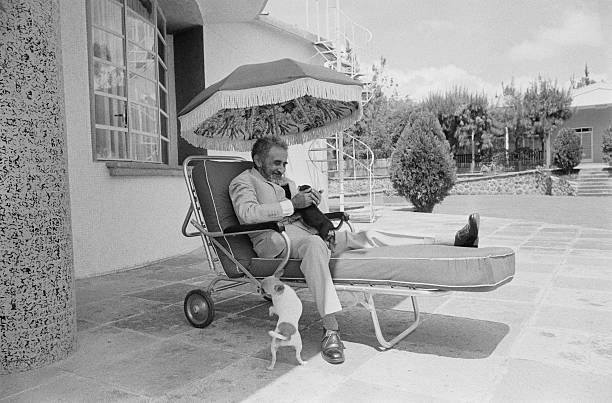

Emperor Haile Selassie I worked exceedingly hard to better the lot of his people and ultimately accepted his removal from power without causing bloodshed. Ethiopians during his reign could hold their heads up high all over the world. For all of that, he is owed a great debt. That is why we should mark his birthday and remember him.
May his memory be eternal.
by Lique Tiguhan Deacon Solomon Kibriye, KCSE
